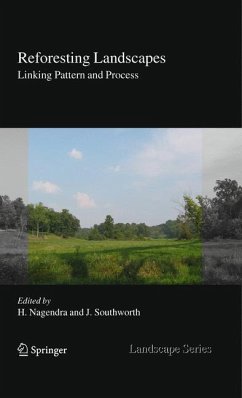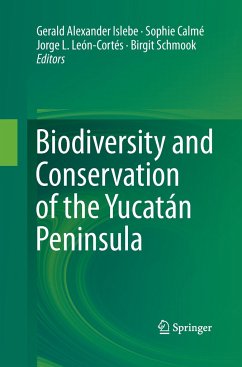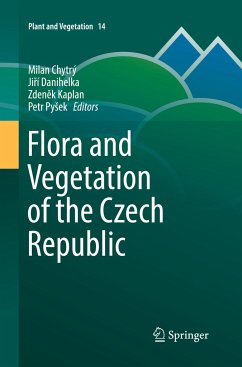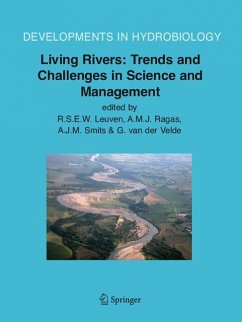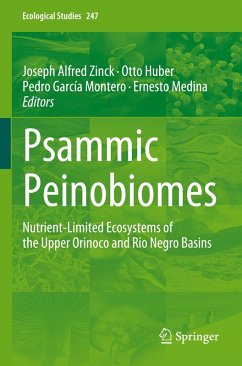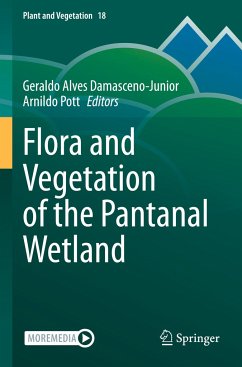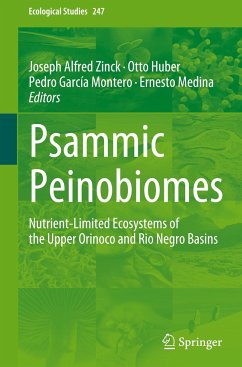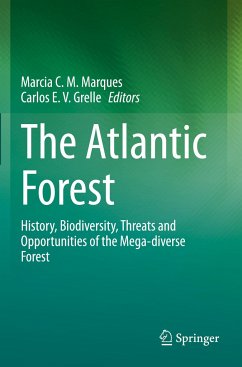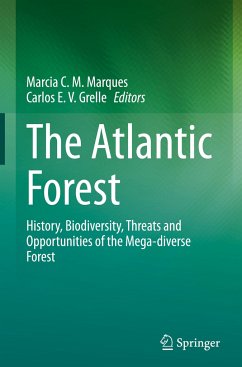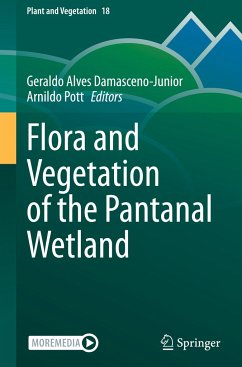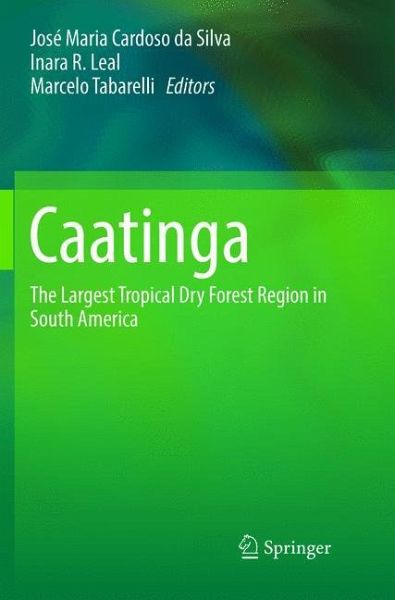
Caatinga
The Largest Tropical Dry Forest Region in South America
Herausgegeben: Silva, José Maria Cardoso da; Leal, Inara R.; Tabarelli, Marcelo
Versandkostenfrei!
Versandfertig in 6-10 Tagen
151,99 €
inkl. MwSt.

PAYBACK Punkte
76 °P sammeln!
This book provides in-depth information on Caatinga's geographical boundaries and ecological systems, including plants, insects, fishes, amphibians, reptiles, birds, and mammals. It also discusses the major threats to the region's socio-ecological systems and includes chapters on climate change and fast and large-scale land-use changes, as well as slow and small-scale changes, also known as chronic human disturbances. Subsequent chapters address sustainable agriculture, conservation systems, and sustainable development. Lastly, the book proposes 10 major actions that could enable the transform...
This book provides in-depth information on Caatinga's geographical boundaries and ecological systems, including plants, insects, fishes, amphibians, reptiles, birds, and mammals. It also discusses the major threats to the region's socio-ecological systems and includes chapters on climate change and fast and large-scale land-use changes, as well as slow and small-scale changes, also known as chronic human disturbances. Subsequent chapters address sustainable agriculture, conservation systems, and sustainable development. Lastly, the book proposes 10 major actions that could enable the transformation of Caatinga into a place where people and nature can thrive together.
"I consider this book an excellent example of how scientists worldwide can mobilize their efforts to propose sound solutions for one of the biggest challenges of modern times, i.e., how to protect the world's natural ecosystems while improving human well-being. I am sure this book will inspire more researchand conservation action in the region and perhaps encourage other groups of scientists to produce similar syntheses about their regions."
Russell Mittermeier, Ph.D. Executive Vice-Chair, Conservation International
"I consider this book an excellent example of how scientists worldwide can mobilize their efforts to propose sound solutions for one of the biggest challenges of modern times, i.e., how to protect the world's natural ecosystems while improving human well-being. I am sure this book will inspire more researchand conservation action in the region and perhaps encourage other groups of scientists to produce similar syntheses about their regions."
Russell Mittermeier, Ph.D. Executive Vice-Chair, Conservation International





